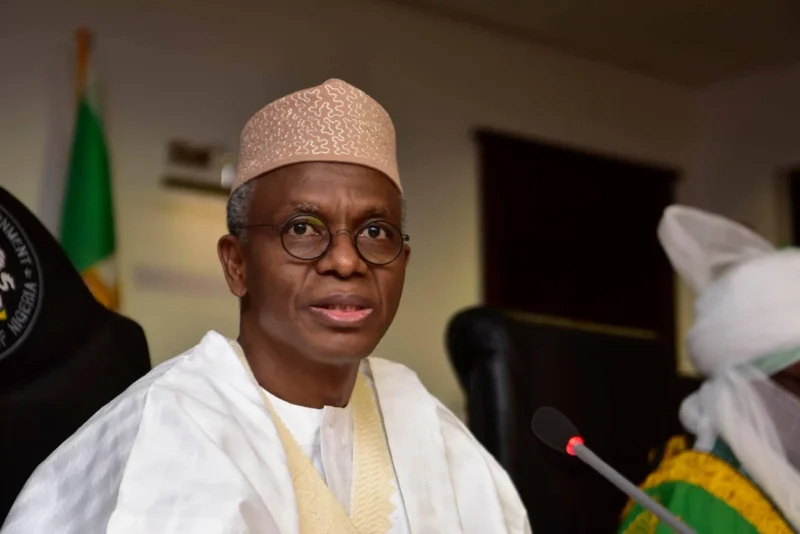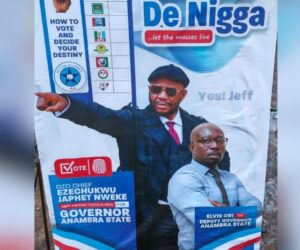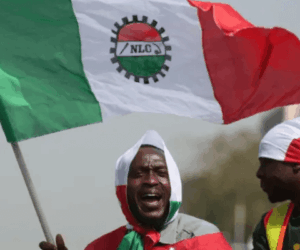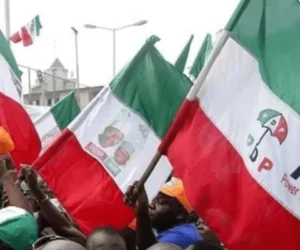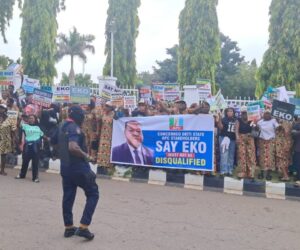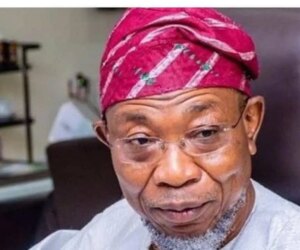Nasir El-Rufai, Kaduna State governor, has defended his style of governance, dismissing claims that he discriminated against Southern Kaduna communities, while also insisting that he has the right to openly criticise the current governor, Uba Sani, who he described as his political mentee if he fail in leadership.
Speaking in an interview with Channels Television on Sunday, El-Rufai said his approach to governance was firm and fair, stressing that he never tolerated what he described as “nonsense” from any group.
“Governance is not a joke. When you are governing 10 million people as I did in Kaduna, you must not discriminate between A and B. Nobody can blackmail me that because he’s a Christian, the law doesn’t apply to him,” he said.
El-Rufai argued that certain groups in Southern Kaduna acted with a sense of entitlement, which he said he resisted.
Read also: Nigerians won’t vote for S’ West candidate who is eligible for two terms in 2027 — Keyamo
“There are people in Southern Kaduna that feel entitled to behave in a certain way, and I didn’t take it. I dealt with them. Just as the IMN, Al-Zakzaki’s people who thought that they could do anything they want and get away with it, we dealt with them. El-Zakzaki people are Muslims, like me. But I didn’t take any nonsense from them. Go and ask them. They consider me an enemy,” he added.
On accusations of being a religious fundamentalist, the former governor brushed them aside.
“I don’t care. The people that think I’m a fundamentalist don’t know me. They have never met me. They have formed their opinion. And frankly, the reason why my enemies are very vehement at hating me is because I don’t care what they think. It’s the way I am,” he said.
He further stated that many of his key appointees during his administration were from Southern Kaduna, but he resisted the culture of government handouts to leaders.
“Some of the closest people I worked with and empowered are from Southern Kaduna. But there are some entitled Southern Kaduna Christian leaders who are used to getting money every month from the government, or $20,000 every year for medical check-ups. I stopped it. I stopped funding pilgrimage. I stopped many other things that are a waste of government resources. I would not be popular,” El-Rufai explained.
Read also:El-Rufai accuses Uba Sani of sponsoring thugs at ADC event
The former governor also rejected claims of marginalisation, arguing that Southern Kaduna was over-represented in the state civil service during his tenure.
“Southern Kaduna, the eight local governments of Southern Kaduna, accounted for over 60% of the civil service when I was there. So, who is talking about marginalisation?” he asked.
El-Rufai, who played a key role in the All Progressives Congress (APC)’s rise to power, defended his support for the controversial Muslim-Muslim presidential ticket in 2023.
“It was a political strategy. It was a strategy to win the election. It has nothing to do with religion,” he said.
On his current relationship with Governor Uba Sani, his successor, El-Rufai said they no longer speak but insisted there was no falling out.
“The governor is my mentee. I call him my friend, because it’s easier to say that, but he has been my boy, he has been my mentee. We’ve not fallen out. But do you still speak with him? No, I don’t,” he said.
El-Rufai stressed that he does not interfere once he leaves office, but rejected suggestions that he should remain silent about the current government.
“Everyone knows I was one of the founding fathers of the APC. Everyone knows I made some contribution in bringing Asiwaju to the presidency. Now, if Asiwaju’s government has derailed, is not serving the interests of Nigerians, should I not criticize him because I contributed in bringing him? Is that the logic in Nigeria these days?” he asked.
Read also: A ‘stable’ economy with unhappy citizens: an unsettling truth about Nigeria’s story
On Kaduna politics, he added: “My biggest pride in life is I’ve elevated many people, I’ve encouraged and mentored many people to greatness, some even greater than me. But when a person derails, when he doesn’t do the right thing, because I contributed in getting him there, am I prohibited from commenting, from disagreeing or keeping away? Is that what the country has become?
“I was governor for eight years, the results are there, the people of Kaduna State know, and after two years plus, they are in a position to compare.”

